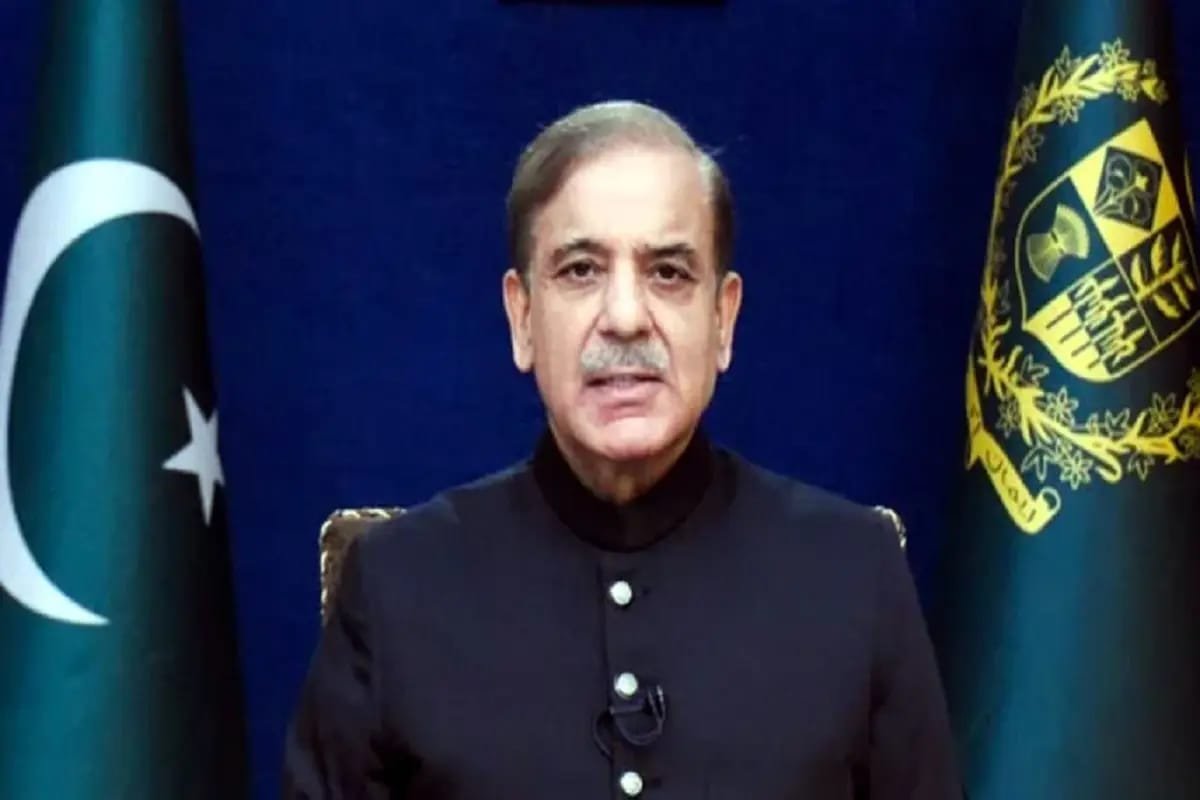Islamabad (TDI): Prime Minister Shehbaz Sharif has described India’s occupation of Jammu and Kashmir as the central and most defining conflict in South Asia, one that continues to shape the region’s instability and reflects New Delhi’s aggressive posture.
In his message commemorating Youm-e-Istehsal, observed annually to mark India’s move on August 5, 2019, to revoke the special status of Indian Illegally Occupied Jammu and Kashmir, the prime minister issued a strong condemnation of New Delhi’s unilateral actions in the disputed region.
He criticized what he called attempts by the Indian government to alter the demographic balance and political structure of Kashmir through illegal means. “India’s persistent denial of fundamental rights, identity, and dignity to the people of Kashmir is a dangerous formula for unrest in the region,” the premier stated.
He also denounced the ongoing crackdown on prominent Kashmiri leaders and activists, such as Shabbir Ahmed Shah, Muhammad Yasin Malik, and Masarrat Alam Bhatt, saying their imprisonment would not break the will of the Kashmiri people.
Read More: PM Reaffirms Support for Kashmiris’ Self-Determination
Meanwhile, the military leadership, including Chief of Army Staff Field Marshal Syed Asim Munir and heads of Pakistan’s armed forces, reaffirmed their unwavering solidarity with the resilient and courageous people of IIOJK.
A statement by the Inter-Services Public Relations (ISPR) reiterated Pakistan’s commitment to standing by the Kashmiri people in their fight for self-determination as recognized under international law and relevant UN resolutions.
The military also warned that India’s aggressive actions and inflammatory rhetoric were only adding to tensions in the region.
Read More: PM Stresses Urgent Global Action for Kashmir’s Self-Determination
At a separate briefing, Minister for Kashmir Affairs Amir Muqam strongly criticized New Delhi’s moves since August 2019, accusing the Indian government of systematically trying to turn the Kashmiri Muslim population into a politically and economically marginalized group.
He highlighted laws introduced by India that allow non-Kashmiris to obtain domiciles and buy property in the region, as well as changes in electoral boundaries and expanded powers granted to the region’s lieutenant governor, all seen as part of a strategy to erode Kashmiri autonomy and identity.
Farkhund Yousafzai is an Associate Editor at The Diplomatic Insight.



